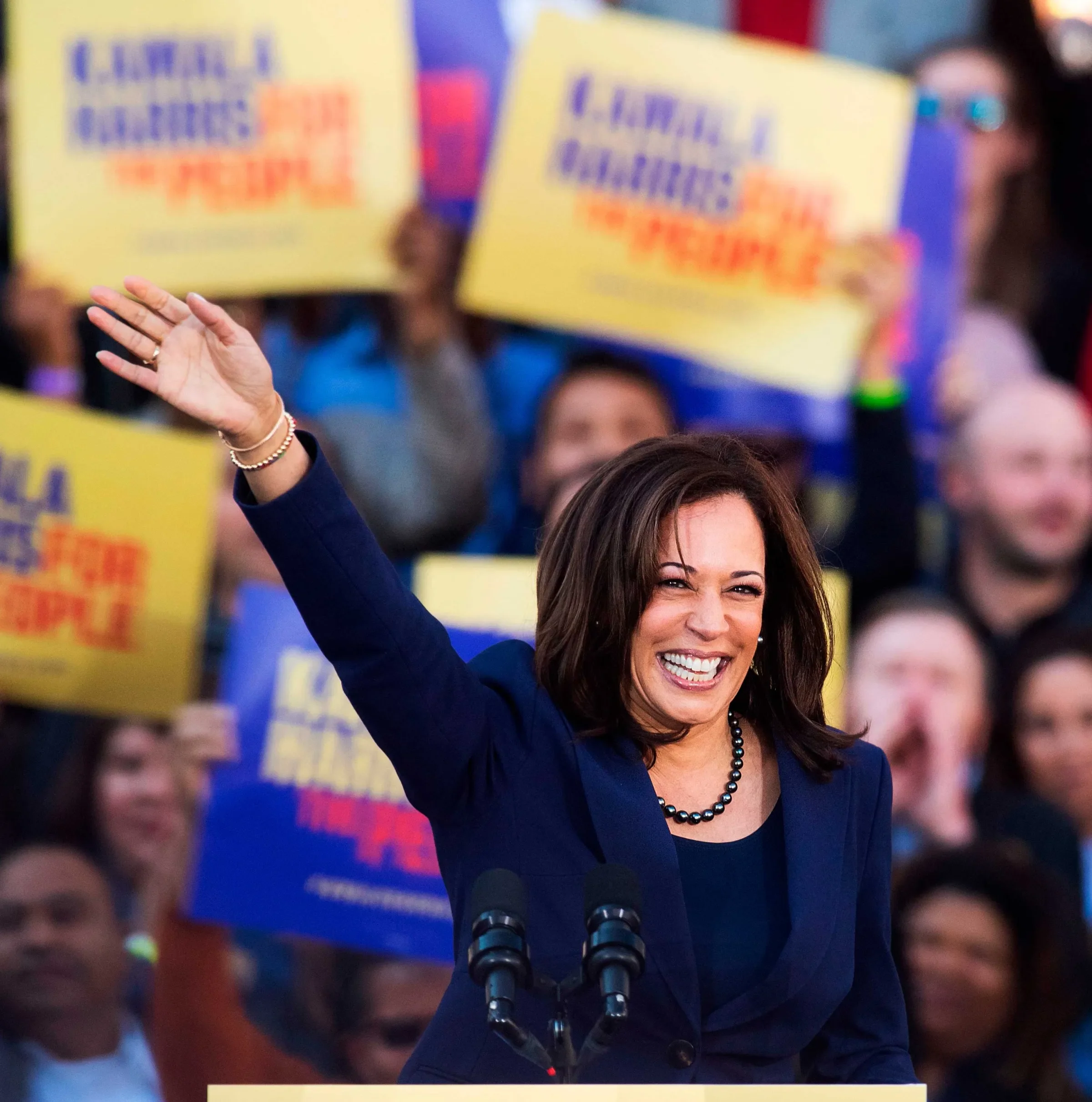107 Days and the Female Double Standard in Politics
TL;DR: Kamala Harris’s memoir 107 Days is here—and it’s less “look what I achieved” and more “here’s what it costs.” Harris unpacks the scramble to launch a presidential campaign after Joe Biden’s sudden exit in 2024, revealing the pressures of building a national operation in record time, the limits of her power on Gaza, and the hostile terrain of media coverage. More importantly, the book shines a light on the higher bar women face in leadership, where every move is read twice: once for substance, and again through the lens of gender.
A Campaign Built in Warp Speed
When Joe Biden stepped aside on July 21, 2024, Harris inherited not just the nomination, but an impossible clock. She had 107 days to scale up a full campaign machine: staffing, fundraising, messaging, mapping battleground states, and choosing a running mate. In the private sector, this would be called a start-up sprint. In politics, it was survival mode.
The book documents this crash-build with detail—offering less gossip and more inside baseball. We see tension with Biden’s circle, debates over who should be on the ticket with her, and even strange moments on the trail that pushed strategy in unexpected directions. It’s not juicy for the sake of being juicy; it’s a sober dissection of how campaigns are really stitched together under pressure.
The Gaza Question
Perhaps the most charged section of 107 Days is Harris’s framing of the Gaza crisis. She positions herself as pushing early and often for humanitarian relief, but reminds readers that vice presidents have limited executive authority. It’s a tightrope: too much distance makes her look indifferent, but claiming too much power would ring false.
This is where the double standard comes into play most visibly. Male leaders are often praised for showing “restraint” in similar situations. Harris, however, was judged as either complicit or powerless, with little room in between.
The Media Battleground
Harris doesn’t let the media off the hook either. On tour, she critiques the way corporate interests and cultural flashpoints bent coverage of her campaign. Her point is clear: information isn’t just about facts anymore; it’s about who controls the frame. And when the subject is a woman in power, that frame tightens.
Coverage of her book tour reflects the same dynamic: progressive outlets are parsing lessons and leadership takeaways, while conservative outlets dismiss it as self-serving. That split screen says as much about us as it does about Harris.
The Female Double Standard
Here’s the throughline: compressed timelines punish every leader, but women are punished twice. In Harris’s telling, every decision became a referendum—not just on the campaign, but on her fitness as a woman to hold power. Too ambitious, too emotional, too soft, too hard.
She admits to miscalculations, including not challenging Biden’s 2024 run sooner. Yet she also contextualizes the structural pressures surrounding that choice. Men who wait are often described as loyal or strategic; women who wait are cast as hesitant or weak. Harris doesn’t whine about this discrepancy, but the book makes clear how those labels shape public perception in ways that outlast any one campaign.
Why 107 Days Matters
At its core, this book isn’t just about Harris. It’s about how leadership is judged in America, and how different the grading scale is when the leader is a woman. 107 Days reminds us that history is never clean or tidy—it’s lived in real time, under impossible conditions, with mistakes and recalibrations baked in.
By pulling back the curtain, Harris forces us to confront the double bind: do we want women in power, or do we only want them if they perform flawlessly in the most hostile of circumstances?
Final Word
Whether you admire Harris, critique her, or land somewhere in between, 107 Days is a revealing read. It’s a book about leadership under fire, yes—but more importantly, it’s about the cost of the double standard that women still face in politics and beyond.
Harris’s story is both personal and political, showing how much harder women have to run just to keep pace. And if there’s one lesson worth carrying forward, it’s this: speed and spin may dominate the headlines, but clarity—especially about the rules of the game—is where real power lives.






